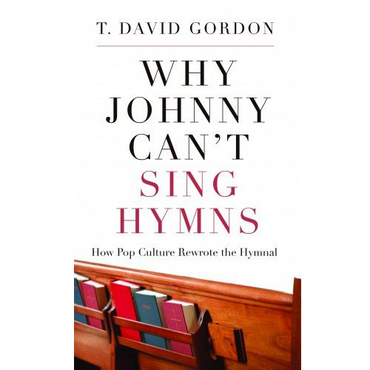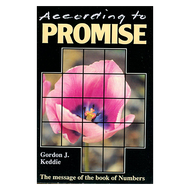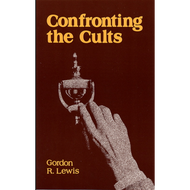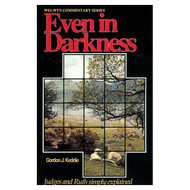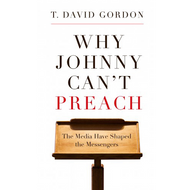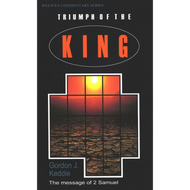Categories
Categories
Why Johnny Can't Sing Hymns by T. David Gordon (Paperback)
Product Description
About the Author
Publisher's Description
Changes in music have affected the way we think, the way we worship—even the way we are able to worship. We are steeped in a culture of pop music that makes other genres seem strangely foreign and unhelpful. Worship has become a conflict area, rather than a source of unity. T. David Gordon looks at these changes in worship and not only examines the problems, but also provides solutions. They are solutions of great importance to us all—because how we sing affects how we live. "Dr. Gordon is at it again, bringing reformed theology and media ecology to bear on one of the thorniest issues in the church today—worship song. Witty, persuasive, and gracious, he challenges the conventional wisdom in the midst of the so-called ‘worship wars,’ asking for a serious inquiry into the nature of worship song and the media appropriate to it. He convinces us that if we are to worship with reverence and awe we must not unthinkingly accept the message of popular music." –Gregory E. Reynolds, Author of The Word Is Worth a Thousand Pictures: Preaching in the Electronic Age.
Endorsement
It's no secret that, in most of today's churches, hymns have given way to "praise choruses" as the predominant form of music used in corporate worship services. Why is this? Is this a conscious choice to not sing hymns, or is it -- as the title suggests -- that the average Christian today can't sing hymns?
These are the type of questions asked in Gordon's book, a sequel of sorts to his previous book Why Johnny Can't Preach: The Media Have Shaped the Messengers. Both books take their title from a 1955 book by Rudolf Flesch called Why Johnny Can't Read: And What You Can Do about It, which showed that changes in society and in the educational methods being introduced to the schools at that time (particularly what has now become known as the "look-say method" of reading) had produced a generation unable to read.
In this latest book, Gordon successfully builds his case that the average Christian today is unable to understand or appreciate either the musical or theological content in traditional hymns. While he also argues for the importance and value of the church's rich tradition of hymnody, he avoids making any sort of legalistic claims that churches must use one form of music over another. As he says in the introduction, this book is intended to be descriptive, rather than prescriptive.
 Loading... Please wait...
Loading... Please wait... 
